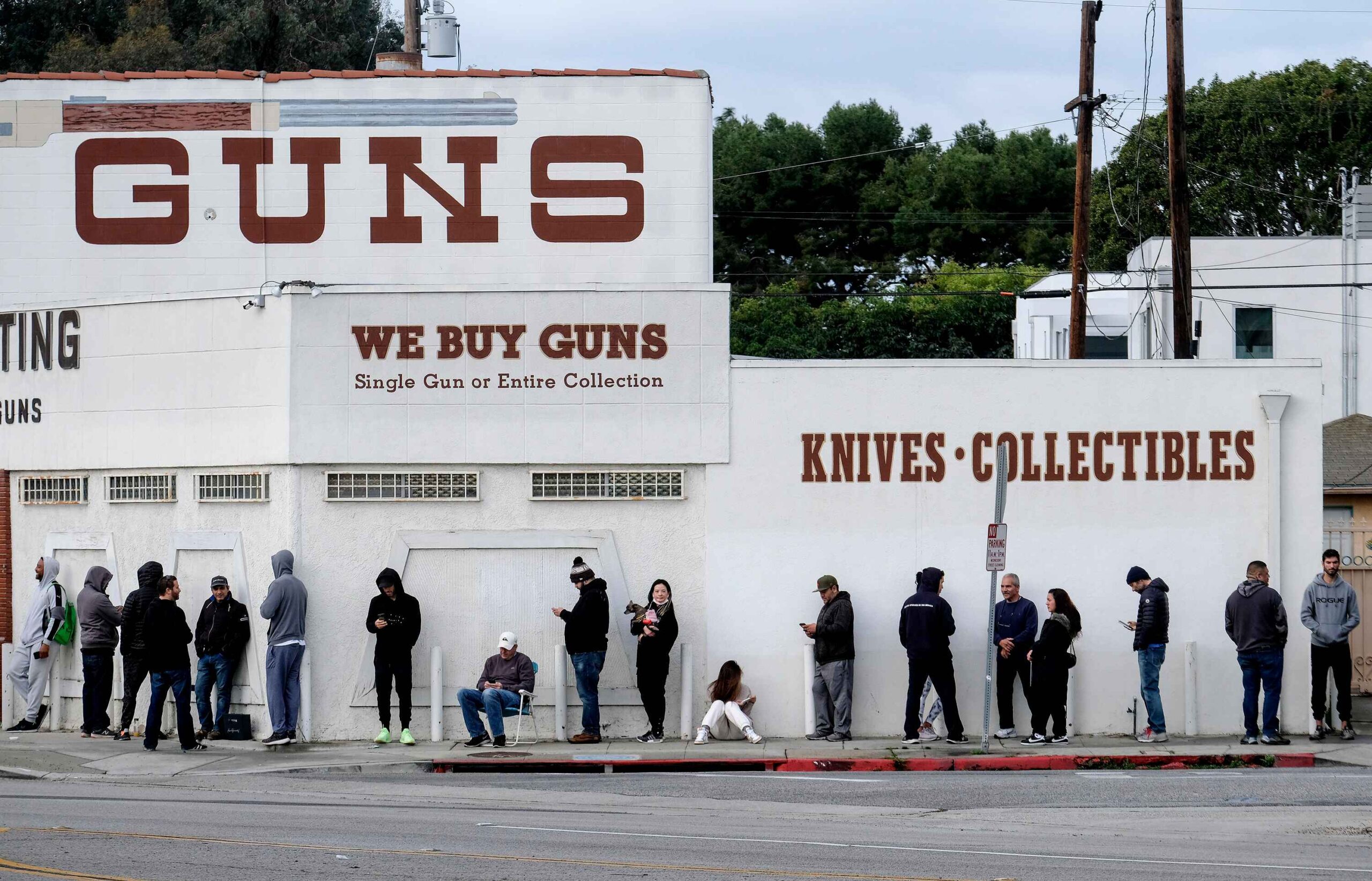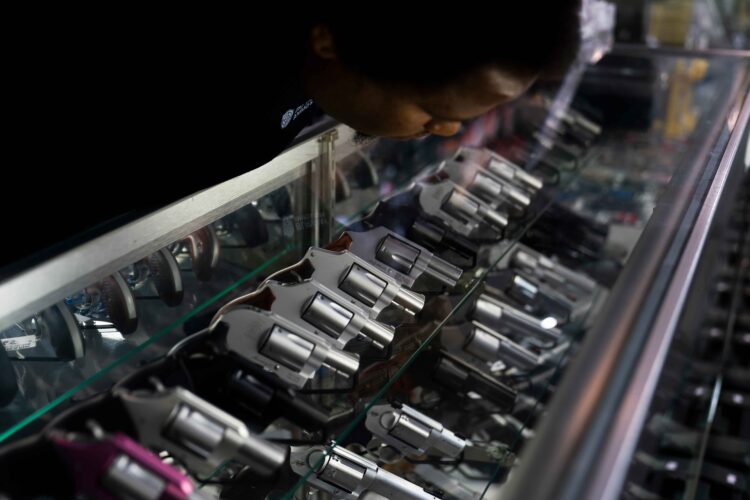The California State Legislature passed a controversial tax on gun and ammunition sales by a narrow margin on Thursday, becoming the first state to do so. Assembly Bill 28, which will use the 11% excise tax to fund gun violence prevention and school safety programs, now heads to Governor Gavin Newsom’s desk for final approval.

Assembly Bill 28, also called the Gun Violence Prevention and Schools Act, passed in the State Senate with a vote of 27-9, just barely meeting the required two-thirds majority. The vote fell almost entirely along party lines, with one Democrat joining the nay voters. Four senators abstained from voting.
The 11% excise tax proposed by Assembly Bill 28 would be added to the existing federal taxes that have been placed on firearms for the better part of a century. The federal government currently charges 10% of the wholesale price of handguns and 11% on long guns and ammunition, the proceeds of which are used to pay for wildlife restoration and hunter education programs.
If the bill is signed into law, California would become the first state to adopt such a policy, although certain states do collect additional fees from gun sales to facilitate the process. Pennsylvania charges an additional $3 to pay for background checks, and California already charges between $31 and $37 in fees for the same purpose. As with the existing fees, the additional expenses would be applied to the sellers, not the buyers, but it is likely that gun and ammo prices would be increased to compensate.
California’s tax and fee department projects that the new tax will generate as much as $159 million between 2024 and 2025, with another $14 million coming from costs passed on to consumers.
Learn the benefits of becoming a Valuetainment Member and subscribe today!
Funds collected from the tax will be used to pay for gun violence reduction programs, school safety initiatives, and support services for victims of gun violence. It will also fund court-based programs to confiscate firearms from anyone under a domestic violence protective order.
Former and current law enforcement officers will be exempt from the tax, as will sellers that make less than $5,000 in gun sales per quarter.
In July, Democratic Assemblyman Jesse Gabriel (D-Los Angeles), who authored the bill, stated “It’s shameful that gun manufacturers are reaping record profits at the same time that gun violence has become the leading cause of death for kids in the United States.”
In response to the Legislature’s decision, gun rights advocates and pro-Second Amendment groups have spoken up in protest. “It is unjust to saddle law-abiding gun owners with special taxes,” a statement from the National Rifle Association read. “Such a measure makes it more expensive for law-abiding citizens to exercise a constitutional right and discourages them from practicing to be safe and proficient with their firearms for purposes such as self-defense, competition, and hunting.”
“You can’t tax a constitutional right,” said California Rifle & Pistol Association President Chuck Michel. “This is part of the strategy to price people out of the market.”
“You want to do something about deaths in California, why don’t we focus on fentanyl?” Sen. Brian Dahle (R-Bieber), who voted against the bill, asked. “Why don’t we focus on fentanyl more than we focus on taxing young folks and people who enjoy their Second Amendment rights?”
The California Legislature’s vote came shortly after New Mexico Governor Michelle Lujan Grisham suspended citizens’ right to open- or concealed-carry firearms for 30 days via an emergency order on Friday. As Valuetainment reported at the time, Grisham’s order was purportedly in response to several shootings across the state in recent weeks, but many have called it an assault on constitutionally protected gun ownership.
Assembly Bill 28 now goes to Governor Gavin Newsom, who has until October 14 to sign it into effect. Newsom’s office said the Governor will “evaluate the bill on its merits.” If approved, it will take effect in July 2024.


















Add comment